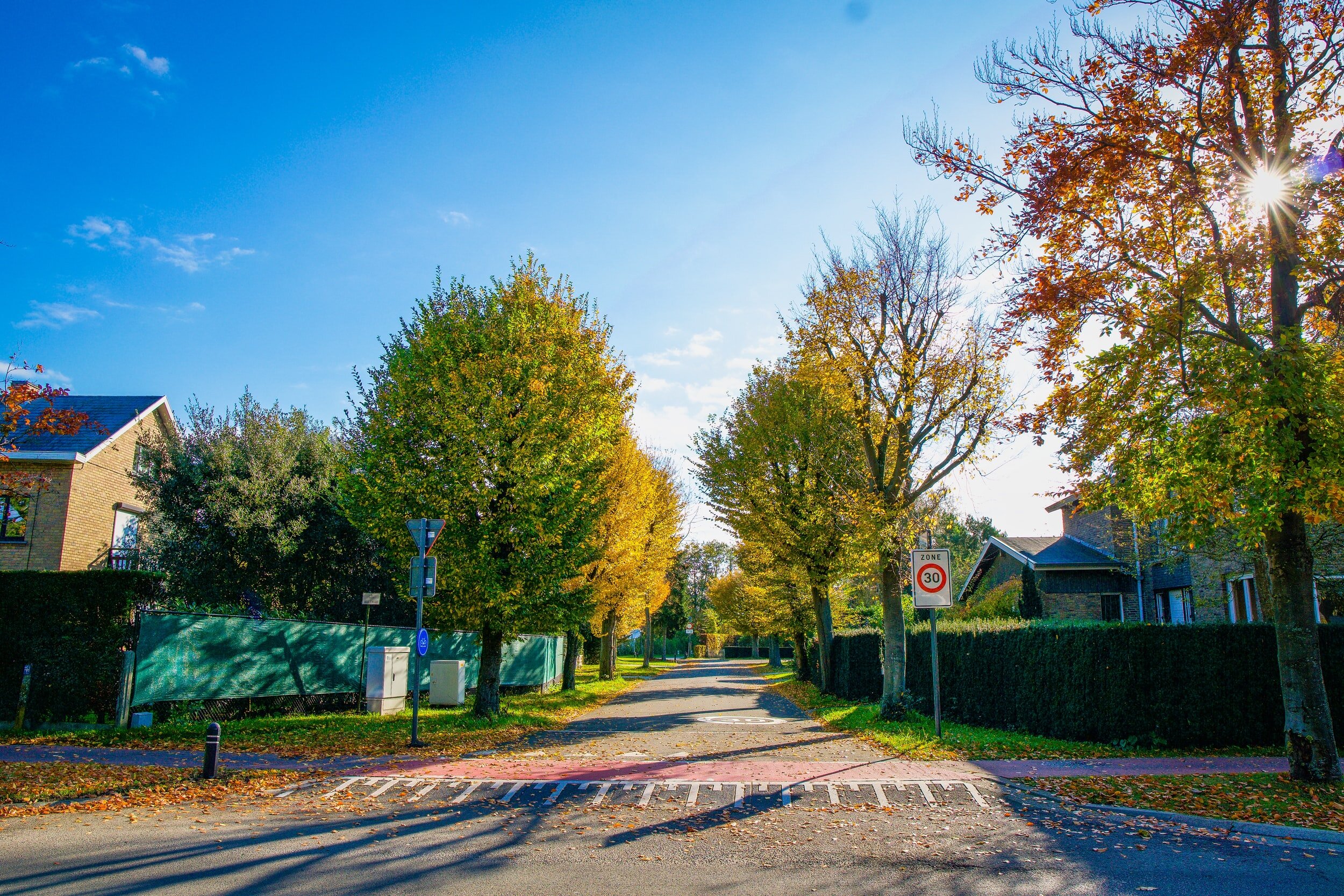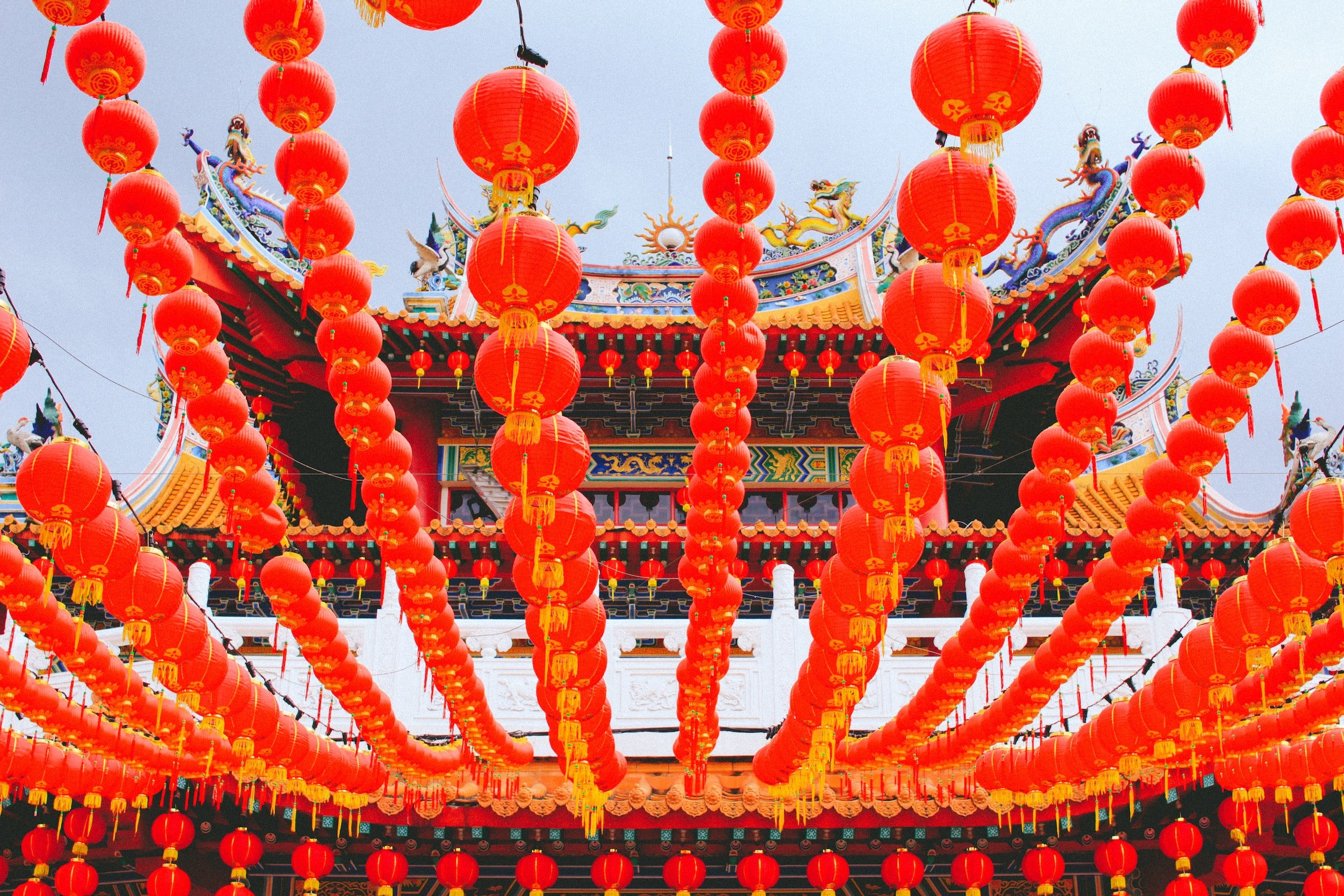
Editor’s note: We shared the first half of this interview with Sam and Aili Lin earlier this week. The couple—Sam is Singaporean-American, while Aili is from Mainland China—have been working with international students in the States since 2020, after being displaced from China due to COVID-19.
Earlier, Sam and Aili talked about how it has been increasingly difficult to broach spiritual conversations with Chinese students, but reminded us that God is always working as they build gospel bridges with students. Today, they share some how-tos for navigating conversations with Chinese in the States. They also opened up about their own experiences navigating the difficulties of racism the last year has brought, and share about how Christians can show God’s love to their Chinese neighbors by patiently and compassionately listening to their experiences.
Details and names have been changed to obscure Sam and Aili’s identity, and this interview has been edited and condensed for clarity and length.
China Partnership: How do you show Chinese students the love of Christ in an environment of increasing stress between China and the United States? Does this reality put guards up?
Sam: I have not talked to any students about these things. We have had years of trainings [in China], and have learned to stay away from sensitive topics. We still stay away, even though we are in the U.S., so maybe it is more okay.
Never miss a story
The way through that tension and stress is to say and show, by our love, that we are not about those things. We are not political; we do not have any agenda. Our agenda is to show people Jesus and his kingdom. He surpasses all governments and kingdoms. He is perfect and loving, and we want to be about that.
>
”“Our agenda is to show people Jesus and his kingdom. He surpasses all governments and kingdoms. He is perfect and loving, and we want to be about that.”
This is as opposed to constantly asking if it was wrong for China to do this, or if it was wrong for the U.S. to do that. I would love to hear students out, because they probably have a lot of thoughts. Maybe that would be a way to show them that all governments are imperfect, and are not the answer. But we stay away from those conversations.
CP: Why is it not helpful to lead with these things?
Aili: Talking about these things can very easily cause an argument. When we talk about these issues we do not focus on Christ, but on politics. You can easily cause conflict if you ask, “Which country is right? Do you think this country did what is right, or what is wrong?” These topics focus on which country is better. If you go down that path, you will just stay on that trail and go farther and farther away from faith. We have to build a gospel bridge.
Also, sometimes I am scared and don’t want to talk about these things. I am a foreigner, and I am afraid my perspective might offend others.
Sam: It’s kind of like this in America, too. We stay away from political discussions here, too, because it’s sensitive. Ideally, we would be able to talk with someone with a different political point of view—in America or in China—and hear each other out. But in both countries, these are sensitive topics.
CP: What has this last year been like for the two of you personally?
Sam: lt is complicated, because I have a Chinese wife. I am so mad about this virus, which destroyed so many lives and ways of life. I am not saying I hate Chinese people; I’m saying I hate that it happened. I still love the country and the people. So that’s China. But in America, we are broken, too. We have had terrible responses, and have seen racism against Asians.
>
”“In both countries, there is brokenness. Anywhere in the world, we are all broken. There are parts I love about both China and America, and parts I hate about both. I have learned in the past year that this is international; this is everyone; this is sin. Everyone is dealing with racism, and selfishness, and pride. We are all trying to advance our own agendas. We just keep trying to wave the flag of God’s kingdom, because that is the answer.”
My step-brother was in a Walmart parking lot in our hometown, and a guy came over and slammed his trunk shut. That was scary. Another time, a few months later at the same Walmart, I ran into a friend I went to school with. She was also Chinese. Right after we finished talking and went to our cars, someone came up to her and yelled at her to go back to China. We have been okay, but it is on our minds. We are aware of it as we go out. Our tactic is to bring our kids with us everywhere—the cute little baby might deter some acts of aggression. The kids protect us.
In both countries, there is brokenness. Anywhere in the world, we are all broken. There are parts I love about both China and America, and parts I hate about both. I have learned in the past year that this is international; this is everyone; this is sin. Everyone is dealing with racism, and selfishness, and pride. We are all trying to advance our own agendas. We just keep trying to wave the flag of God’s kingdom, because that is the answer.
Aili: We came back and quarantined for a month with my in-laws in a small townhouse with no space. We couldn’t go anywhere. In the north, people were very mad at Chinese. I felt insecure: I didn’t want to go anywhere or speak Chinese outside, because then people would know I was Chinese and might attack me. I felt scared and confused. I wanted to go back to China, but I didn’t know when. I thank God that we could move to the South, because we had a missionary house there with more space.
>
”“We feel loved—anyone would feel loved—if someone wants to hear and understand our stories, our culture, where we come from. ”
The first week we moved here, we took the kids outside to bike. Our neighbor’s little boy, maybe four or five, was biking, too. He asked me, “Are you Chinese? Do you have the virus?” I didn’t know how to answer. I was shocked. I said, “I am Chinese, but I don’t have the virus.”
I am so sad. I am Chinese, but I did not cause this problem. But God has showed his mercy and grace to us. Many brothers and sisters here gave us a lot of things, took care of us, and asked our feelings. Life is getting better and better, but I still miss home and want to go home. I have to wait.
Sam: This goes for any country, anywhere. We feel loved—anyone would feel loved—if someone wants to hear and understand our stories, our culture, where we come from. A lot of times there is a quick, “I’m sorry that happened to you, I’ll never do that. I love all people.” That is nice, but even better would be to say, “Let me understand your perspective, your culture, and see the good about it.”
Go one step further; sit down with someone—that takes time and effort. Let’s hear each other out. That is what communicates love, and is so needed in these times.
Sam and Aili Lin currently live in the States, but have been involved in ministry in China for many years. Sam is Singaporean-American, while Aili grew up in China. They have been married eight years, and have three children.
FOR PRAYER AND REFLECTION
Ask God for opportunities to show Christ’s love, compassion, and kingdom to Chinese in your life and community.


































